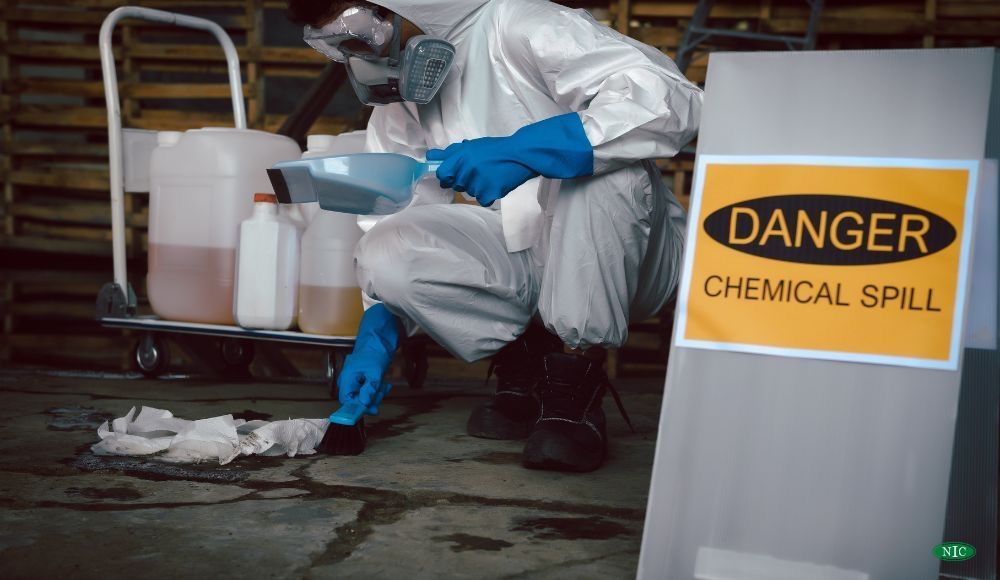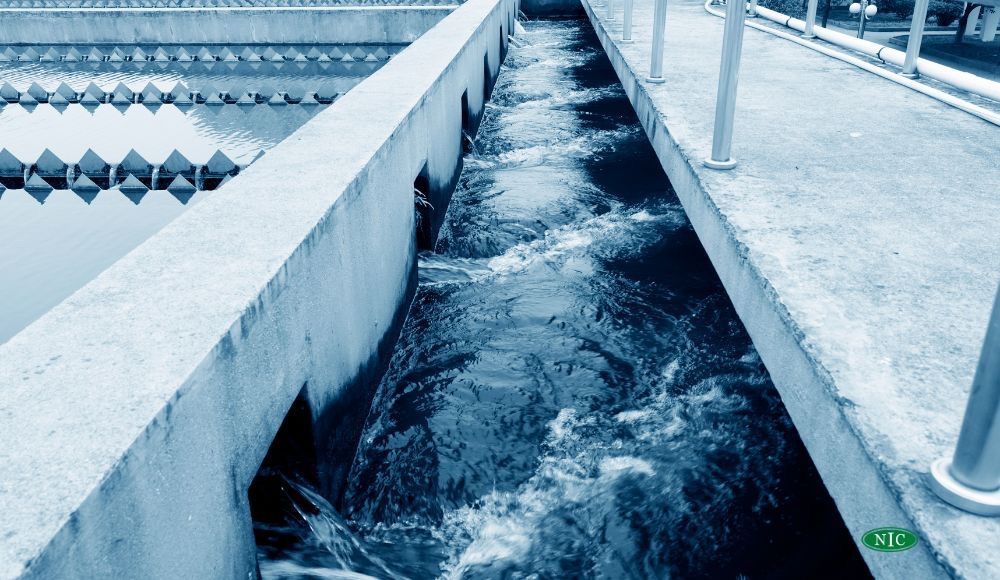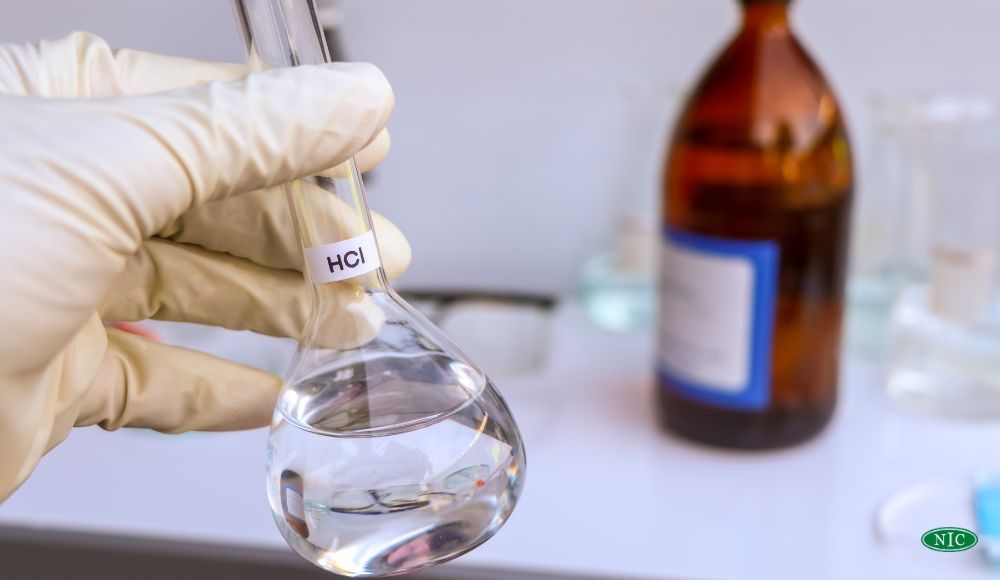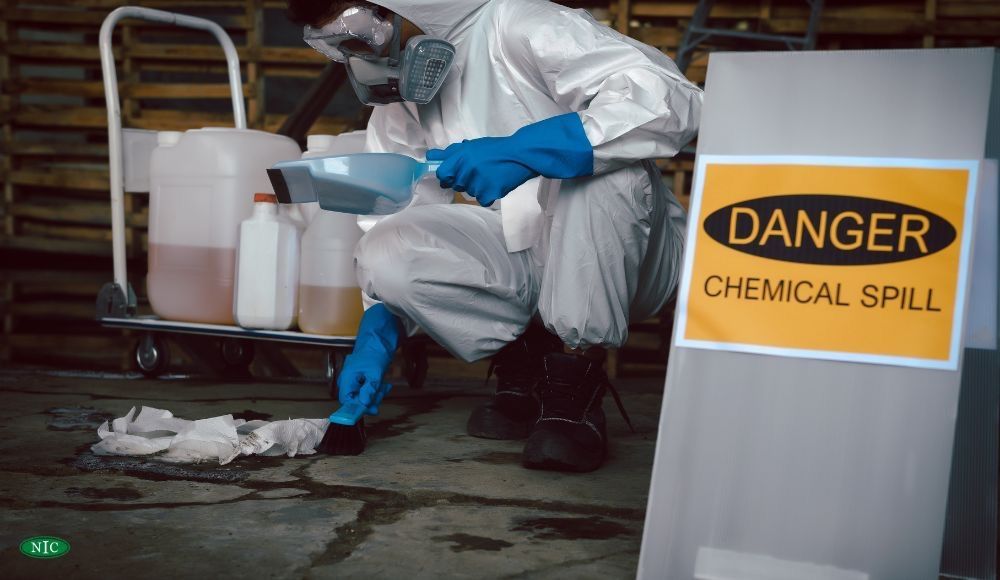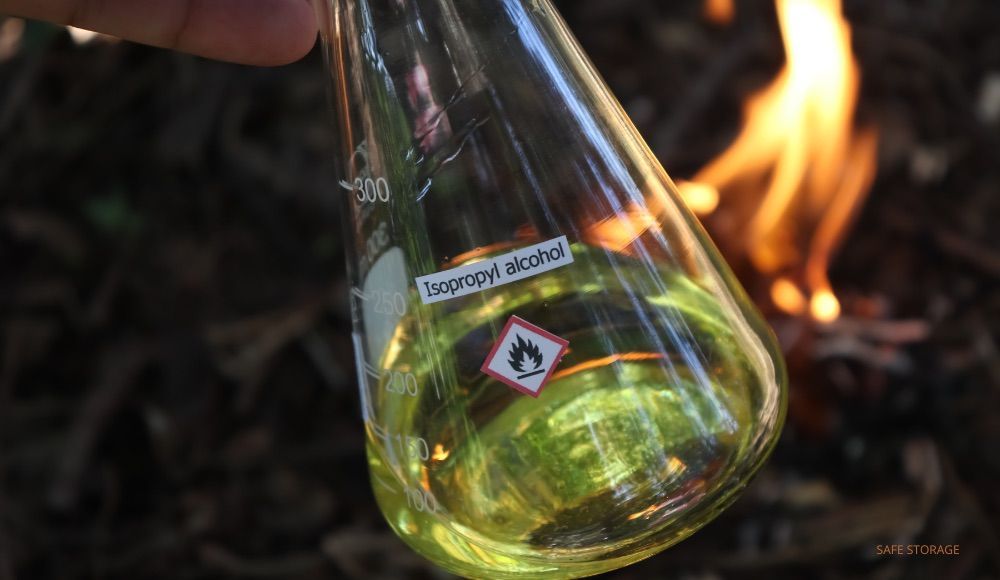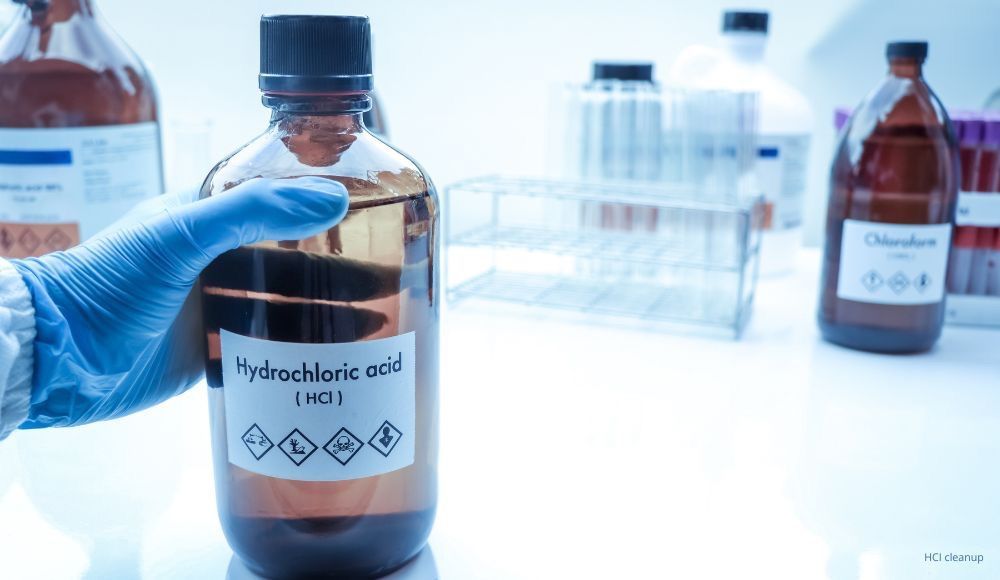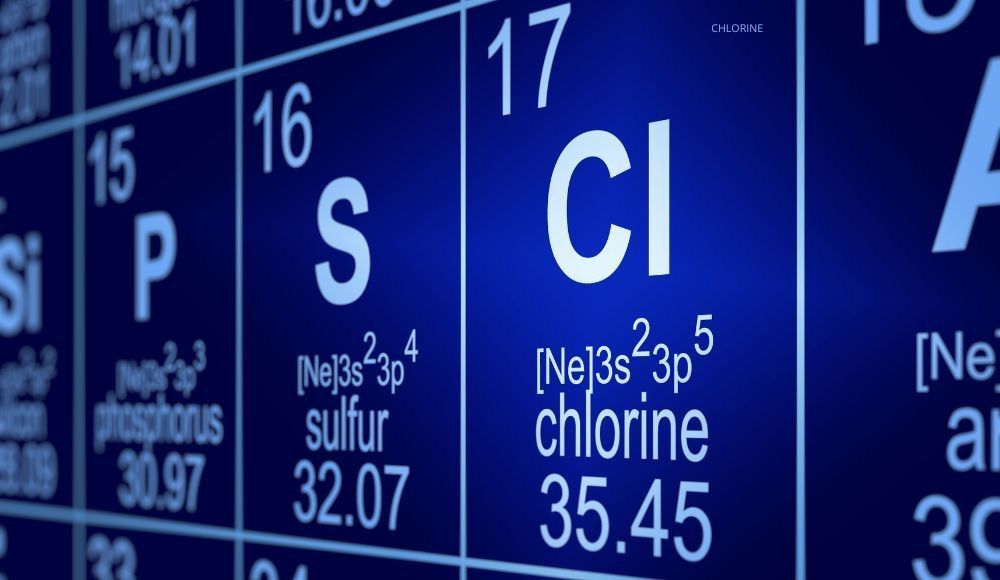Importance of Wastewater Treatment: Ensuring a Clean, Sustainable Environment
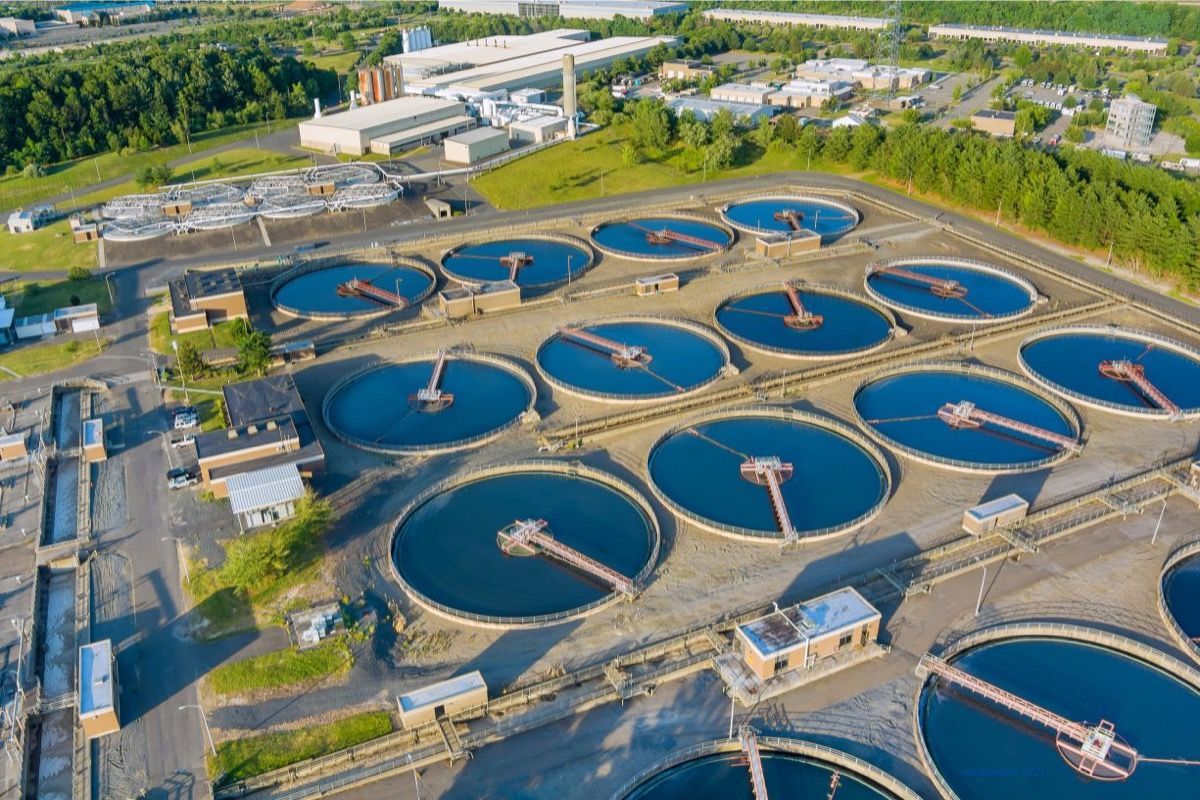
Wastewater management isn’t something local authorities do for fun. It’s essential for public health and the well-being of communities. Without it, raw sewage would flow into watercourses, causing foul smells, disease, and damage to infrastructure.
This article explores why wastewater treatment is so critical, looks at the impact of untreated wastewater and how to make the process more sustainable.
The Significance of Wastewater Treatment
Why is wastewater treatment important? It matters because of its role in preserving public health. Untreated sewage contains dangerous bacteria and viruses that cause nasty stomach infections and waterborne diseases (like cholera). But treatment facilities that use multiple processes can remove these unwanted pathogens, rendering the effluent safe for discharge into the environment.
The value of wastewater management becomes even more apparent when you look at what happens in countries without treatment infrastructure. Millions of people get sick every year because of dirty water in watercourses and rivers and over
800,000 die, according to UNICEF estimates. However, these problems are non-existent in places where proper wastewater management is in operation.
Environmental Impact of Untreated Wastewater
The environmental impact of untreated wastewater can be significant. When raw sewage dischrages into rivers and lakes, it introduces high concentrations of toxins and bacteria. These can damage fish and plants and deplete the water of oxygen (because of bacterial respiration), making it harder for species to survive.
For this reason. cleaning up wastewater should be a priority. Water treatment chemicals can reduce or reverse most of the problems effluent causes, protecting the environment.
Benefits of Proper Wastewater Treatment
As such, the benefits of proper wastewater treatment are significant and include:
Reducing the risk of infection in the community.- Complying with government regulations on the number of contaminants wastewater can contain
- Reducing the cost of water treatment for health services
- Conserving water and reusing it in drought-prone regions for non-drinking water applications (such as irrigation)
Innovations in Wastewater Treatment
Several advanced methods already exist for treating waste water. However,
more are in the pipeline. These promise to improve it even further, reducing environmental impact and making water cleaner and safer and include:
Preparing water for further uses, including toilet flushing and industrial processes- Removing harmful and potentially dangerous per- and polyfluoroalkyl substances that are impossible to eliminate through conventional processes
- Using satellites and AI to monitor water quality twenty-four-seven and provide early warning systems for when quality dips below acceptable levels
- Recovering valuable nutrients from effluent for reintroduction into agricultural and industrial processes
Sustainable Solutions for Wastewater Treatment
Finally, scientists are working on more broad-ranging systemic solutions for clean wastewater. These include reducing energy consumption required for processing, leveraging waste for biogas production, and reusing more water in industrial use cases. Projects such as
From Waste to Resources: From WWTP to Biofactory show that these projects are already viable.
Contact Us for Wastewater Treatment Chemicals
If you have wastewater treatment questions or are in need of wastewater treatment chemicals, North Industrial Chemicals has the answers you need. Contact us today for a free quote!
